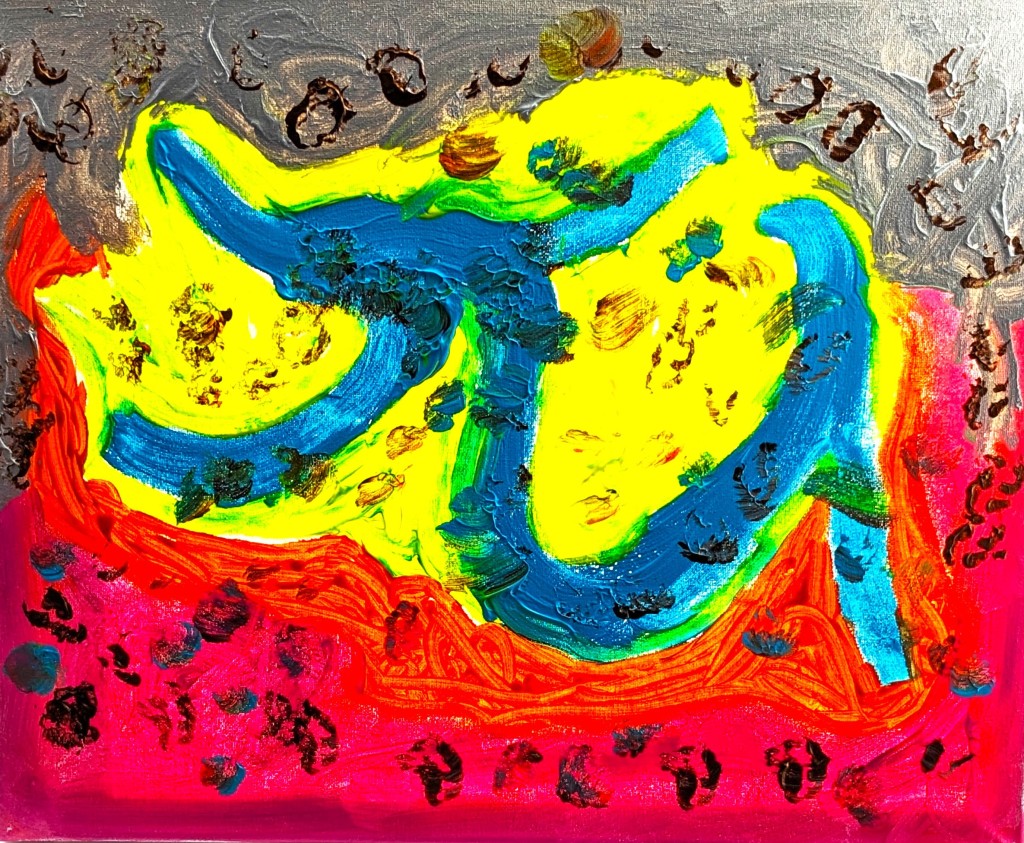
What do you do to be involved in the community?
Covid started a long period of isolation for many people of my age. We started by washing everything that came into the house – beware of touching things, they might carry the Covid virus. Then it was wear a mask and avoid crowds. Then it was telephone calls, parcels of groceries left on door steps, groceries ordered online and then picked up by car, no visitors, avoid crowded places…. At times, it bordered on hysteria.
That was 2020. But Covid wasn’t over. I have cut my own hair since 2019 and I still avoid crowds and wear a mask. As I emerged less and less, I saw fewer and fewer people. Old friends faded away, some, the less fortunate ones, permanently. Most ceased to visit. Gradually communications ceased.
2024 – May -01 – I purchased a new Rollator – a Nexus 3. For a week now, I have been out walking with it. Thirty minutes a day. I go round the block. I also visit the local park and walk the trails. Life is still out there, waiting to be lived. When I walk round the block, neighbors come out from their houses and talk to me. I have a little seat on the Rollator and can sit and chat with them for as long as they want. Old friends have returned.
Yesterday, I met some new friends. “We haven’t seen you around here before. Are you new?” A boy and his mother. The boy took a liking to my Rollator – he was three years old. He climbed on it, sat on it, tooted a non-existent horn, rang a non-existent bell, and brum-brum-brummed a non-existent engine. What fun we had. I told his mother I was an author and asked her if she would like a copy of Teddy Bear Tales to read to her boy. She said yes and when I see her next, I will give her one.
So, back to the question – What do you do to be involved in the community? I walk around the block and now I carry copies of my poetry books and short stories in my little carry bag. When I meet people, I offer them gifts of poetry and prose. Sometimes they say yes – and that is how I get myself involved with the community – as the Island View Bard.









